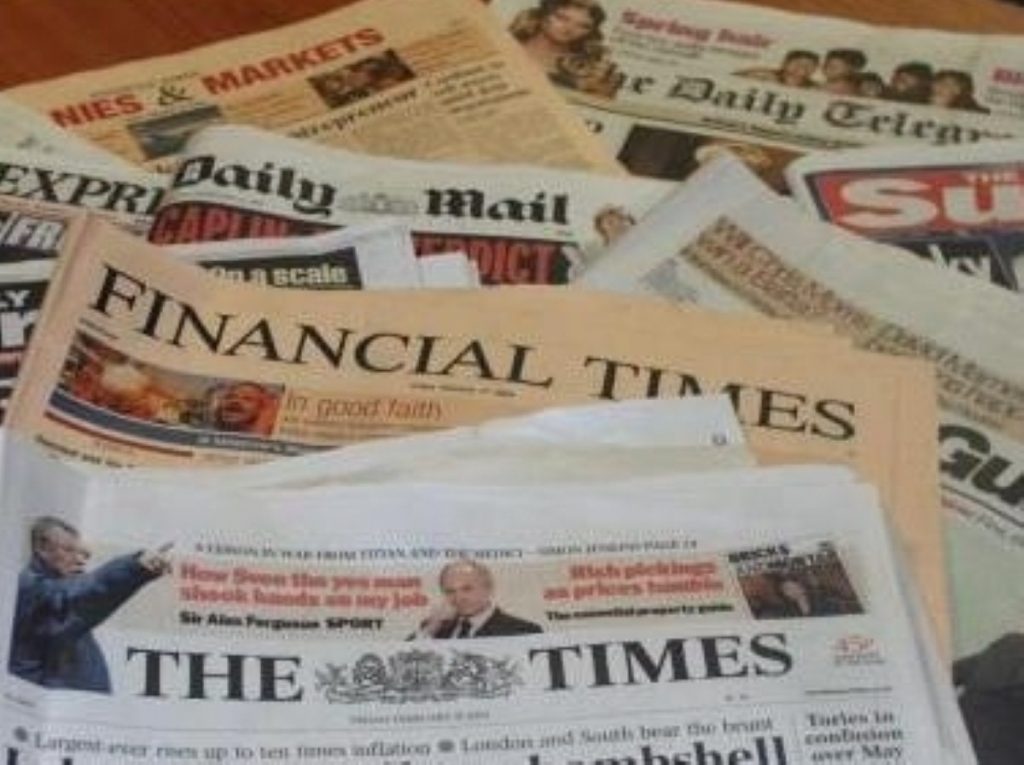Don’t close ranks, phone-hacking judge warns editors
By Alex Stevenson Follow @alex__stevenson
The judge leading the inquiry into phone-hacking has pledged to compel witnesses to provide statements and relevant documents "as soon as possible".
Lord Justice Leveson, outlining the procedures and timescale of the inquiry this morning, said he would exercise his powers quickly "in order to maintain an ordered approach".
The inquiry has attracted criticism from some quarters for looking at broader issues of the media's relationship with the police and politicians before focusing in on allegations of wrongdoing at the now-defunct News of the World tabloid.
In a move which is expected to dispel some of these concerns, Lord Justice Leveson made clear he would move quickly to obtain evidence.
"No discourtesy is intended to those in receipt of a notice and no conclusions should be drawn from the identity of those who are required to assist me and those who are not," he said.
"I make it clear that my powers will undoubtedly be exercised on more than one occasion in order to meet all the inquiry's objectives."
The judge warned editors against uniting to obstruct the progress of his probe. Senior journalism figures will be given the opportunity to provide "examples of what is contended to be appropriate for one reason or another".
Lord Justice Leveson added: "It may be tempting for a number of people to close ranks and suggest that the problem is or was local to a group of journalists then operating at the News of the World but I would encourage all to take a wider view of the public good and help me grapple with the width and depth of the problem."
The inquiry will initially focus on issues of press regulation and the relationship between the press and public.
After preliminary hearings in September to address key aspects of the inquiry, October will see a series of seminars covering the law, journalism ethics and 'the practice and pressures of investigative journalism'.
Lord Justice Leveson said a public debate about what constitutes the public interest will take place as a result of the inquiry.
The judge said: "At some stage, there needs to be a discussion of what amounts to the public good, to what extent the public interest should be taken into account and by whom."
The discussion has already started. George Eustice, David Cameron's former press officer, told a Policy Exchange event last week that the press had "pushed the boundaries" of what constitutes the public interest "far too far".
"I think we've all got sloppy over what's in the public interest and what's not," he said.
"It's morphed into something that's 'interesting' for the public to read."





-01.png)